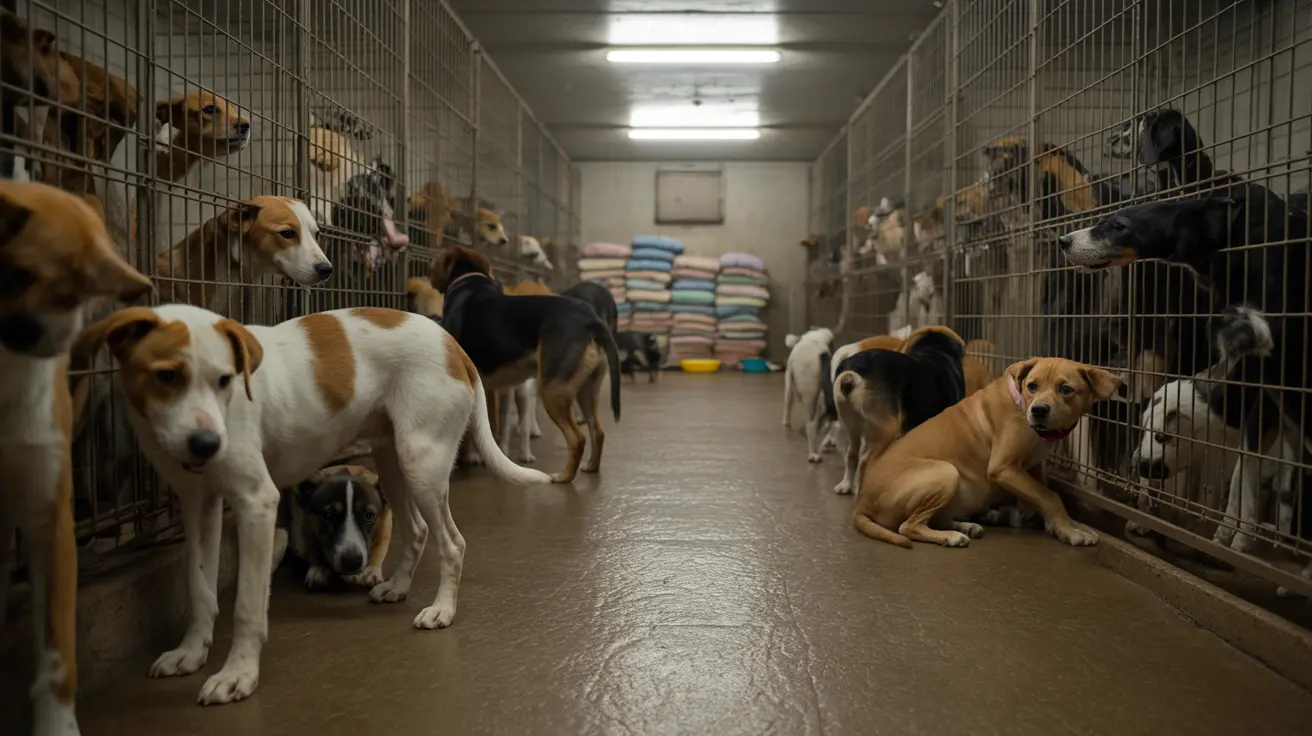Understanding the Most Common Food Allergy in Dogs: Beef
Food allergies are one of the most frequent concerns among dog owners today. They can cause discomfort, chronic health problems, and behavioral changes in our canine companions. One particular allergen stands out among the rest in terms of prevalence—beef.
What Are Food Allergies in Dogs?
A food allergy occurs when a dog's immune system mistakenly identifies certain proteins in food as harmful substances. This leads to an inflammatory response that can manifest in a variety of symptoms, some of which can severely affect the dog’s quality of life.
Why Beef?
Beef is the most common food allergen for dogs primarily because it is a frequent component in commercial dog foods. Repeated exposure to the same protein source increases the likelihood that a dog’s immune system will begin to react against it.
- Widespread use: Beef is often used in kibble and treats due to its availability and affordability.
- High protein content: While beneficial, excessive consumption might trigger immune sensitivity.
- Early introduction: Dogs often consume beef from a young age, making it a prime target for allergy development.
Common Symptoms of Beef Allergy in Dogs
Recognizing the signs of a beef allergy is crucial to managing your dog’s health. Symptoms often include:
- Skin irritations: Itching, redness, rashes, or hot spots.
- Gastrointestinal problems: Vomiting, diarrhea, or flatulence.
- Ear infections: Recurring or chronic ear problems.
- Behavioral changes: Irritability or lethargy due to discomfort.
Diagnosing a Beef Allergy
Veterinarians usually diagnose a food allergy through an elimination diet trial. This process involves feeding your dog a novel protein and carbohydrate source for several weeks while monitoring symptoms. If symptoms resolve and return upon reintroduction of beef, the allergy is confirmed.
Managing a Dog’s Food Allergy
Once a beef allergy is confirmed, it's crucial to avoid all sources of beef. This includes reading labels carefully and avoiding treats, chews, and foods that may contain beef or beef by-products.
Safe Protein Alternatives
If your dog is allergic to beef, you might consider switching to alternative protein sources such as:
- Lamb
- Venison
- Duck
- Fish
- Turkey
Always consult your veterinarian before introducing a new protein source, especially if your dog has a history of food sensitivities.
Preventing Allergies in Dogs
While not all allergies can be prevented, certain practices can reduce your dog’s risk:
- Rotate protein sources: Avoid feeding the same protein for extended periods.
- Avoid over-processed foods: Choose quality, whole-food based dog diets.
- Monitor symptoms: Be proactive at the first sign of itching or digestive problems.
- Work with a vet: Regular checkups and consultations can catch problems early.
Conclusion
Being aware of food allergies, especially to beef, enables dog owners to better care for their pets. If you suspect an allergy, consult your vet for proper diagnosis and treatment. With the right approach, you can ensure your dog stays healthy, happy, and allergy-free.





